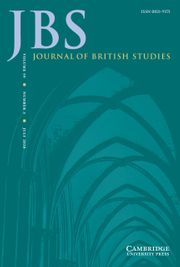From the middle of the eighteenth century until the late 1830s, the idea of enslaved people as “peasants” was a commonplace among both antislavery and proslavery writers and activists in Britain. Slaveholders, faced with antislavery attacks, argued that the people they claimed to own were not an exploited labor force but a contented peasantry. Abolitionists expressed the hope that after emancipation, freedpeople would become peasants. Yet the “peasants” invoked in these debates were not smallholders or tenant farmers but plantation laborers, either held in bondage or paid low wages. British abolitionists promoted institutions and ideas invented by slaveholders to defend the plantation system. The idea of a servile and grateful “peasant” plantation labor force became, for British abolitionists, a justification for the “civilization” and subordination of freedpeople.
Publication Type
- Article



